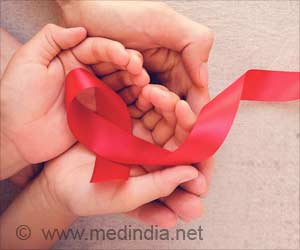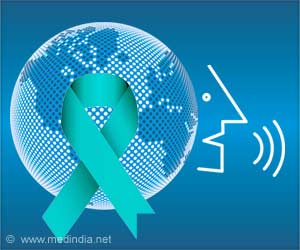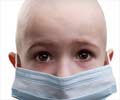The International Childhood Cancer Day is observed on 15th February to raise awareness about childhood cancer and provide support for children.
- The International Childhood Cancer Day highlights the need for global efforts to address the growing issue of childhood cancer.
- International Childhood Cancer Day campaign’s main message is to “Advance Cures and Transform Care.”
- This message highlights the inequalities and glaring disparities regarding access to health care in most low and middle-income countries, where only 80 percent of children live to tell the tale.
About International Childhood Cancer Day
International Childhood Cancer Day (ICCD) is celebrated on February 15th every year to celebrate the spirit of children and their inner strengths to fight against the disease. This day is celebrated to raise awareness about this fatal disease and also to support and encourage both children and their parents who have survived cancer alongside with them. The Childhood Cancer International (CCI) is the largest patient support organization for childhood cancer. It was founded in 1994 and now has a global network of 183 national networks of parent organizations in 93 countries, extending across five continents.ICCD was first launched in 2002, and since then the organization is continuing to provide support through global networks and leading institutions.
According to the World Health Organization (WHO), every year, more than 200,000 children are diagnosed with cancer – a disease that touches lives of countless families and communities in all over the world.
With all the access to state of the art technology, more than 80 percent of children diagnosed with cancer have been estimated to survive, living full and happy lives, whereas it is only in lower and middle-income countries that over 90 percent of their childhood cancer population die due to the improper resources.
Childhood cancer
Cancer which arises in children before the age of 18 years is called childhood cancer. In general, leukemia accounts for about a third of all childhood cancers.Lymphomas and tumor of the central nervous system are some of the other common childhood cancers.
Neuroblastoma, nephroblastoma, medulloblastoma, and retinoblastoma are some of the tumors that exclusively occur in children.
Most childhood cancers can initially present with non-specific signs and symptoms, which can later lead to end-stage diagnoses.
In some of the high-income countries, children are usually subjected to close parental watch, and so childhood cancer has more chance of getting detected here in developed countries, whereas in low-income countries, there are certain additional barriers to early detection, and they are poor access to health services and inadequate diagnostic facilities.
Facts
- Annually around 200,000 parents have to face the reality of their child having cancer.
- Cancer remains to be the No.1 cause of death in children across all ages, ethnic and socio-economic groups. It is responsible for more deaths than all other diseases combined.
- Every day nearly, 43 children are diagnosed with cancer.
- The average age of a child diagnosed with cancer is six.
- Even though overall survival rate has increased from 10 percent to 90 percent in the last 50 years, the survival rate for rare cancers is still low.
- One in six children with cancer will not survive
- Even though if the cure rate has improved, the incidence of childhood cancer has still been steadily increasing over the last few decades, i.e., from about 13 children per 100,000 in 1975 to over 17 children per 100,000 since 2005.
- More than 40,000 children undergo treatment for cancer each year.
- Unfortunately, in the last 20 years, only 4 cancer treatments have been specially developed and approved for children.
- It has been estimated that nearly 60 percent of childhood cancer patients have to face long-term side effects such as infertility, heart failure or secondary cancers when they grow up.
- Children with AIDS have an increased risk of developing certain cancers, predominantly non-Hodgkin lymphoma and Kaposi sarcoma.
- According to International Agency for Research on Cancer (IARC) in 2015, the reported worldwide incidence of childhood cancer is increasing, from 165,000 new cases annually to 215,000 cases for children 14 years and younger and 85,000 new cases for 15-19-year-olds have been reported.
How to Help
- Make a donation
- Start a fundraiser
- Speak up for children with cancer
References:
- International Childhood Cancer Day: 15 February 2017 - (http://www.who.int/cancer/iccd_2017/en/)
- International Childhood Cancer - (http://www.internationalchildhoodcancerday.org/)
- International Childhood Cancer Day: Questions & Answers - (http://www.who.int/cancer/media/news/Childhood_cancer_day/en/)
















